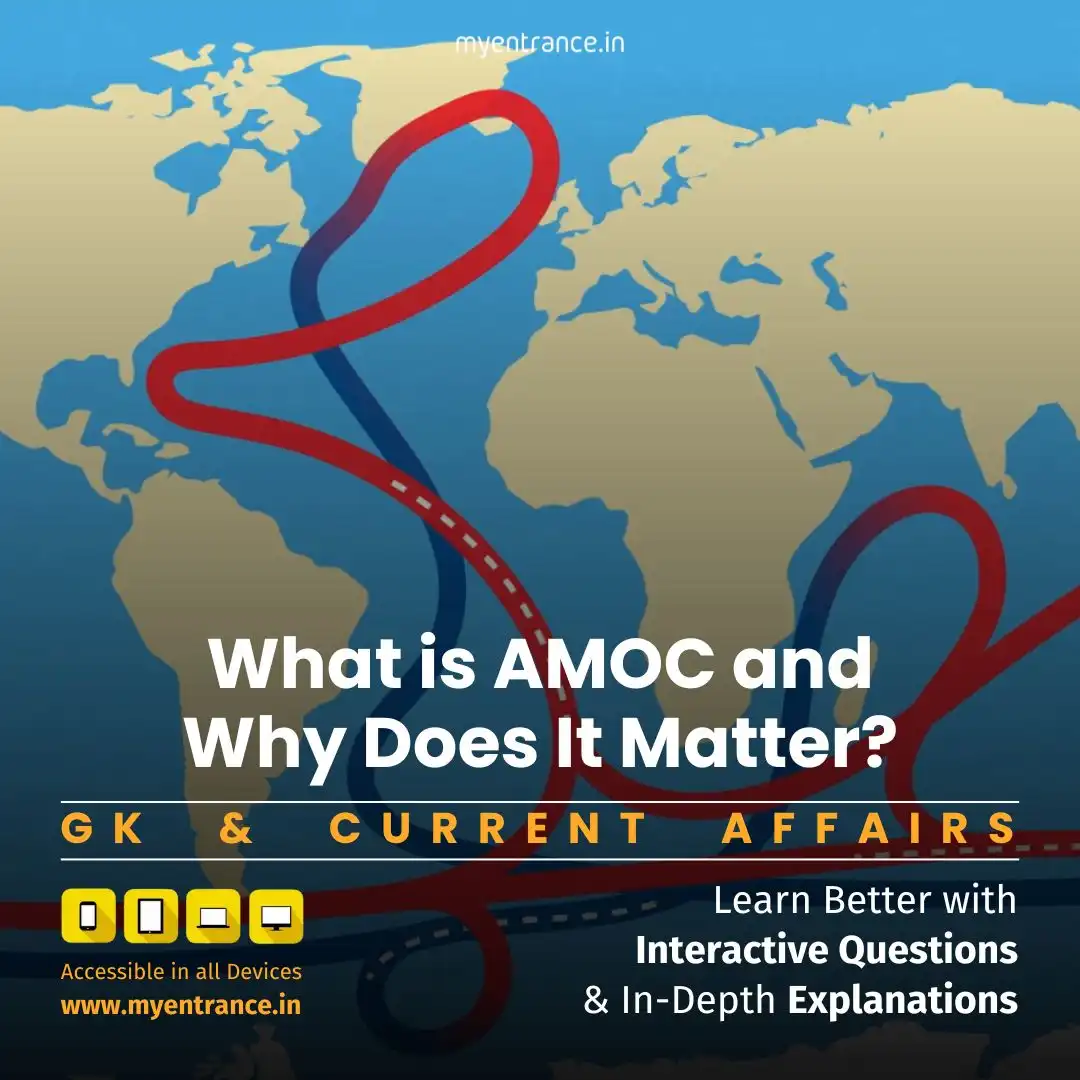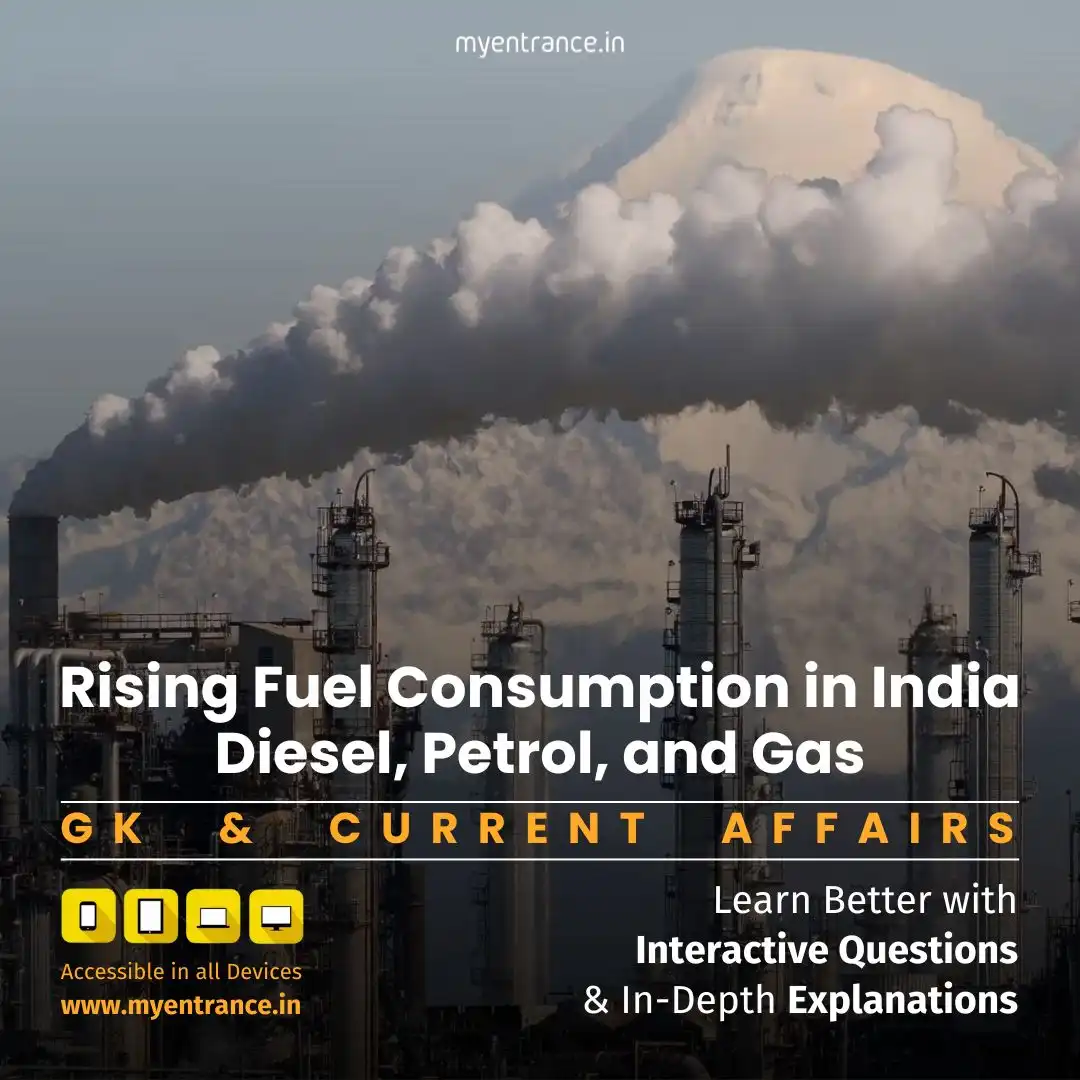Select Language
AMOC Collapse Could Trigger Extreme Winters in Europe – New Study Reveals
Climate change is reshaping our planet in unexpected ways, and a new study reveals a chilling possibility—the collapse of a major ocean current system could bring extreme winter cold to Europe. Researchers warn that without urgent action, cities like London and Oslo may face unprecedented freezing temperatures.

What is AMOC and Why Does It Matter?
The Atlantic Meridional Overturning Circulation (AMOC) is a crucial system of ocean currents that acts like a global conveyor belt:
Transports warm water from the tropics to northern Europe, keeping winters milder.
Returns cold water southward, helping regulate global climate patterns.
Stabilizes weather systems, affecting rainfall, storms, and temperatures worldwide.
If AMOC weakens or collapses, Europe could face extreme cold snaps, while other regions may experience monsoon disruptions and heatwaves.
How Climate Change is Disrupting AMOC
The study, led by Dr. René van Westen (Utrecht University), identifies freshwater influx from melting ice sheets as a major threat:
Greenland’s ice melt pours freshwater into the North Atlantic.
Reduces seawater salinity, making it less dense and preventing the sinking needed for AMOC.
Weakens the current, potentially leading to a full shutdown if unchecked.
Projected Climate Impacts: Europe’s Extreme Winter Scenario
Using advanced climate modeling (CESM), researchers simulated an AMOC collapse under 2°C global warming:
Predicted Winter Temperature Drops:
London: Average winter temp 1.9°C, extreme lows near -19.3°C
Edinburgh: Could plunge to -29.7°C
Oslo: Average winter -16.5°C, with lows approaching -48°C
Summer Contrasts:
While winters turn frigid, summers may become hotter than pre-industrial levels, leading to:
Intense heatwaves
Dramatic seasonal swings (freezing winters, scorching summers)
Global Consequences Beyond Europe
An AMOC shutdown could shift global weather patterns, including:
Weakened monsoons in India, West Africa, and the Amazon.
Altered rainfall, increasing droughts or floods in vulnerable regions.
More extreme weather events worldwide.
Societal and Infrastructure Risks
Europe’s infrastructure is not built for extreme cold:
Transport systems (roads, railways) may fail under deep freezes.
Energy demand for heating could skyrocket.
Agriculture may suffer from unpredictable growing seasons.
Sample Questions & Answers (FAQs)
1. What is AMOC, and why is it important?
Answer: AMOC is a system of ocean currents that transports warm water northward, regulating Europe’s climate. Its collapse could trigger extreme winters.
2. How does melting ice affect AMOC?
Answer: Freshwater from melting ice reduces seawater density, disrupting the sinking process that keeps AMOC flowing.
3. What temperatures could Europe expect if AMOC collapses?
Answer: Cities like Oslo may see -48°C lows, while London could drop to -19°C in extreme winters.
4. Will summers also get colder if AMOC shuts down?
Answer: No—summers may become hotter, creating extreme seasonal contrasts.
5. How would an AMOC collapse affect other parts of the world?
Answer: It could weaken monsoons, shift rainfall patterns, and increase extreme weather globally.
Most Predicted Questions
Comprehensive study materials, Expert-guided tips & tricks, Mock tests and instant results.
Start your SSC, NIFT, NID, FDDI, PSC journey today with MyEntrance, your ultimate online coaching platform.















